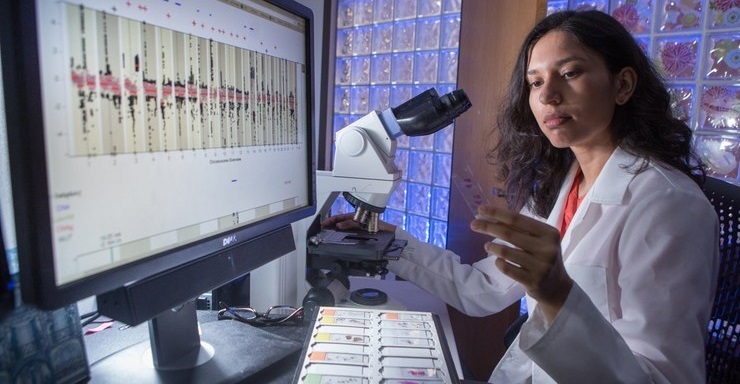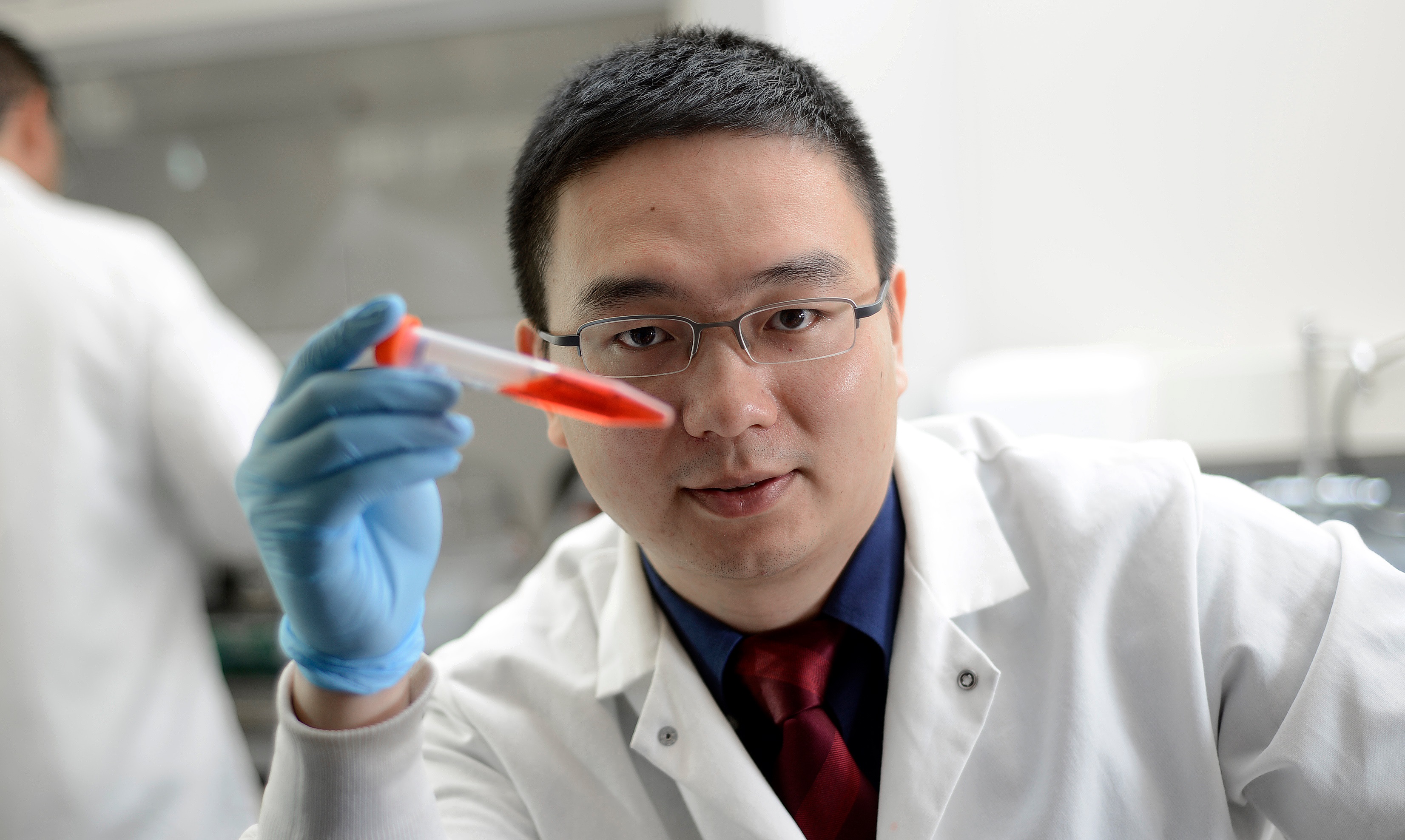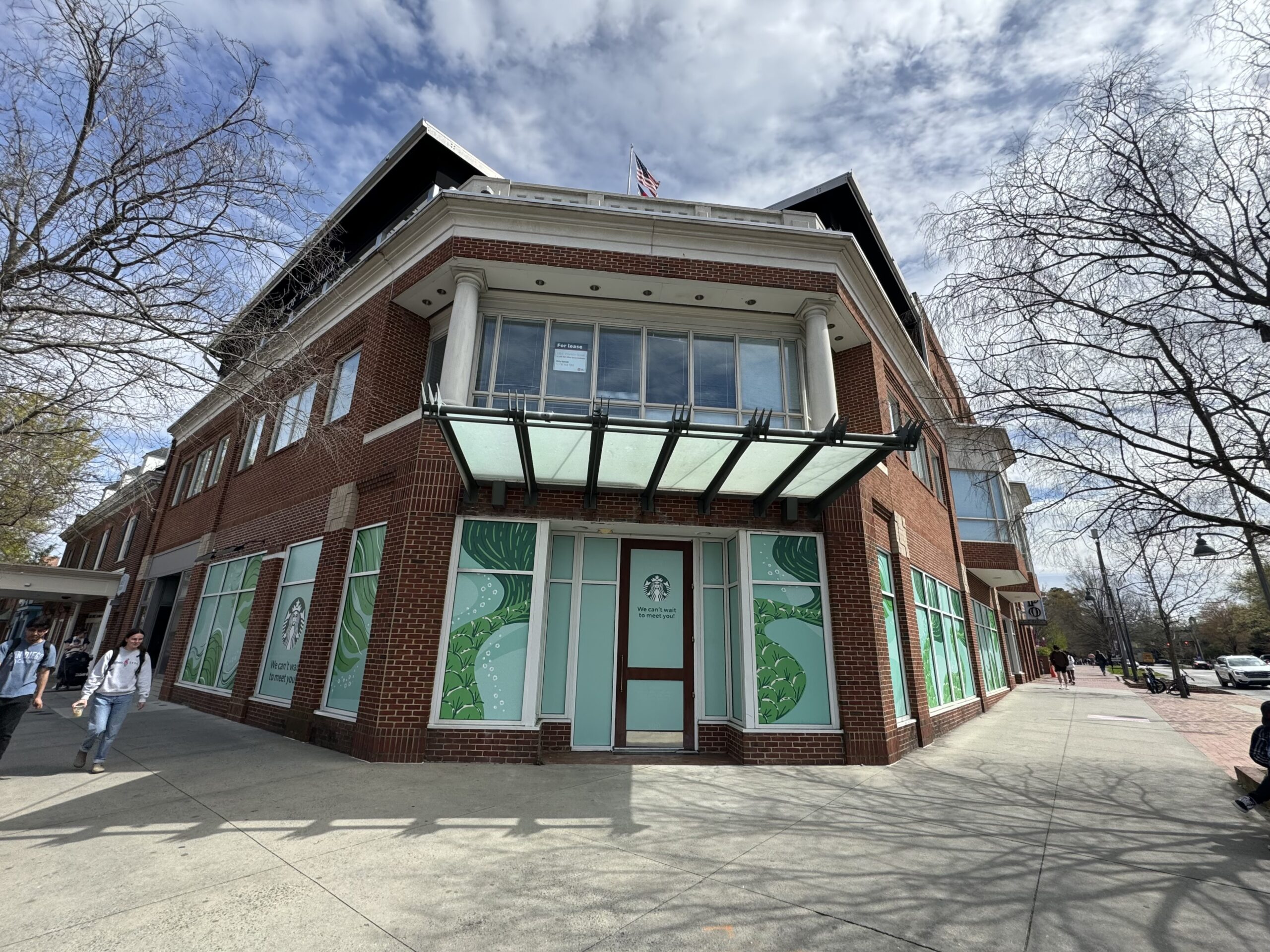A bioscience company founded in part by Dr. Andrew Wang, a physician scientist in the Department of Radiation Oncology at UNC, has secured millions of dollars in funding to facilitate the development of cancer diagnostics technology.
“Our goal is to have instant feedback to cancer treatment,” explained Wang.”[We want] cancer patients to have a diagnostic device.”
Wang founded Capio Biosciences with Dr. Seungpyo Hong after they attended a meeting held by the American Association for Cancer Research in 2010. That meeting led both professors to consider applications for the detection of circulating tumor cells.
“Seungpyo was responsible for […] making the device […] and my goal was to be on the clinical side,” noted Wang.
The device under development by Capio Biosciences captures tumor cells that circulate throughout the body after breaking off from cancer growths. According to Wang, these cells can be used to determine the effectiveness of cancer treatments.
“If [a cancer patient] started with 100 [circulating tumor cells captured by the device] and started with a treatment and [the tumor cell count] went to 130, then the implication is perhaps the treatment didn’t work and we should really think about doing something else,” explained Wang.
The US Food and Drug Administration approved a device for diagnosing circulating tumor cells in 2004 called CellSearch, but Wang claimed that Capio Biosciences will release a device that captures more circulating tumor cells than other diagnostic tools.
“We’re able to capture ten or even a hundred fold more than the established systems,” cited Wang.
Wang pitched the device to Betta Pharmaceuticals, a Chinese drug research and development company, in the spring of 2016. That pitch led to a funding agreement and international partnership that came to fruition last month with the assistance of other investors.
“Their investment validated what we have,” said Wang. “It’s a really synergistic partnership.”
Capio Biosciences will receive $2.9 million in equity financing along with another $1.6 million if the company reaches confidential performance milestones. According to Wang, Betta Pharmaceuticals gave the company “a very favorable investment term.”
In describing the conditions that paved the way for this deal, Wang noted that Capio Biosciences would not have made such progress without incorporating four years ago in North Carolina and taking advantage of resources provided by UNC.
“We wouldn’t have made it if weren’t for the innovation initiatives and entrepreneur initiatives at UNC,” relayed Wang.
Wang estimated that Capio Biosciences will begin nationwide clinical trials in three to five years. He was unable to give a definite timeline for the distribution of the device, but noted that “we want to get there as soon as possible.”







Comments on Chapelboro are moderated according to our Community Guidelines